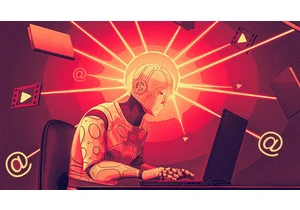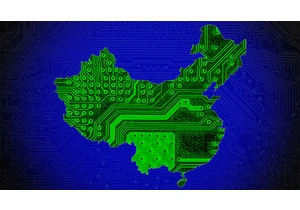While online shopping remains undeniably convenient, many are beginning to wonder: Is it still fun?
According to a new study from Criteo, 75% of consumers now see online shopping as purely “functional.” For a growing number of shoppers—particularly younger ones fueling the revival of America’s shopping malls and returning to physical stores—the excitement of browsing online has started to fade.
Nearly 80% of online shoppers described the experience as lonely. There’s no one in the fitting room to hype you up, no sales associate offering styles you wouldn’t normally pick for yourself. Just endless scrolling, decision fatigue, and return labels.
Often, it starts with tapping on an Instagram ad and ends with an Apple Pay purchase destined to sit in your closet with the tags still on, quietly outlasting the return window. As a result, 29% of shoppers now view online shopping as a chore. More than a third say they miss the joy of discovering something unexpected in a store.
Another 78% report feeling overwhelmed by the sheer number of options online. If you’ve ever browsed Temu, Shein, or TikTok Shop—with their flashy, chaotic interfaces and algorithm-fed feeds of “crazy low prices”—you’ll likely relate. Only about half of consumers find online shopping to be relaxing or enjoyable.
“Today, we no longer ‘go shopping’—we are always shopping—but that hasn’t made the experience more exciting. Instead, online retail has become a functional necessity, optimized for speed but stripped of surprise and spontaneity,” says Marc Fischli, Criteo’s executive managing director. “Our research shows that consumers crave the thrill of the unexpected, yet too often, discovery is being left to chance. Brands that don’t reinject joy into the shopping journey risk fading into the background of a transactional, forgettable experience.”
AI could help personalize the online experience and recreate that feeling of stumbling upon something special. In fact, 43% of online shoppers said they wouldn’t mind if retailers used their data to create more personalized experiences.
Until then, the doomscrolling continues in search of that elusive dopamine hit.
Войдите, чтобы добавить комментарий
Другие сообщения в этой группе


OpenAI is rolling out a new AI agent within ChatGPT that can browse th

Mark Zuckerberg and current and former directors and officers of Meta Platforms agreed on Thursday to settle claims seeking $8 billion for the damage they allegedly caused the company by allowing

Welcome to AI Decoded, Fast Company’s weekly newsletter that breaks down the most important news in

Holders of the digital tokens issued by World Liberty Financial, one of the

The use of AI companions is no longer niche behavior but has become em

